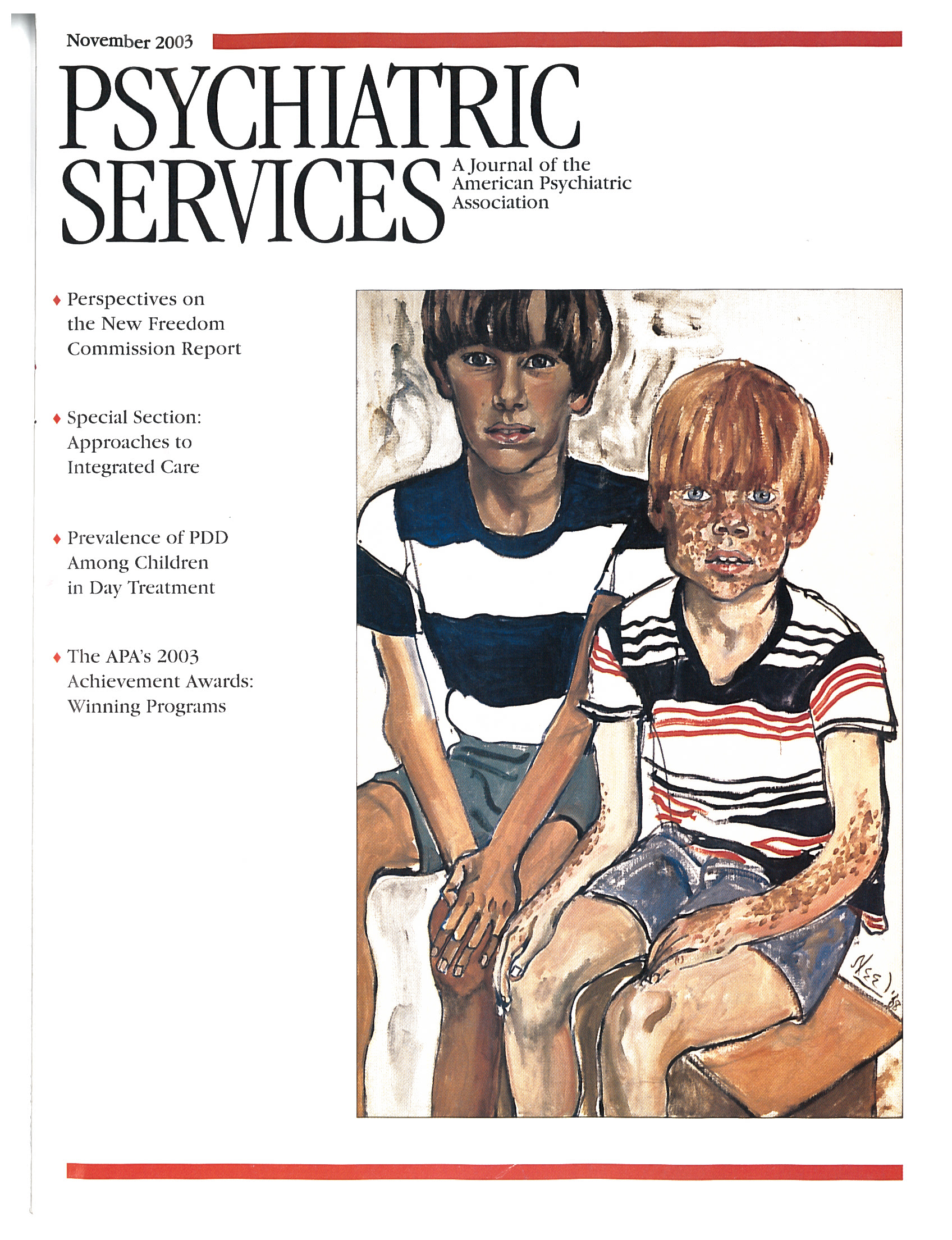Abstract
Introduction by the column editors: Day treatment centers, day hospitals, and partial hospitals have been pillars of community mental health programs for persons with serious and persistent mental illness. More than 30 years ago, controlled studies documented the cost-effectiveness of day treatment programs, especially as a service for individuals who otherwise would have been hospitalized (1). Since that time, the number of inpatient psychiatric beds has contracted throughout the United States, and day treatment programs have become more essential in the continuum of services for persons with mental illness. Although individuals with acute and florid symptoms are still admitted to hospitals when they are suicidal or are so disabled that they require the safety, supervision, and security that inpatient settings provide, most people with serious mental disorders who are able to live in supervised residences with their families or on their own can benefit from partial hospital or day treatment programs.The first generation of day hospitals offered services similar to those available on inpatient units: supportive group therapy, social services, medication management, and community meetings. Many of these programs were inspired by the psychodynamic tradition, which emphasizes affective expression, socialization, and the development of insight. However, with the advent of psychiatric rehabilitation, services offered by day treatment programs have evolved toward specific goal setting for community reintegration, functional assessment, skills training, vocational rehabilitation, and family psychoeducation (2). The efficacy of psychosocial rehabilitation procedures has been documented in research projects and specialized settings (3). The authors of this month's Rehab Rounds column demonstrate the effectiveness of a day program in a typical mental health center that adopted the psychosocial rehabilitation model.



